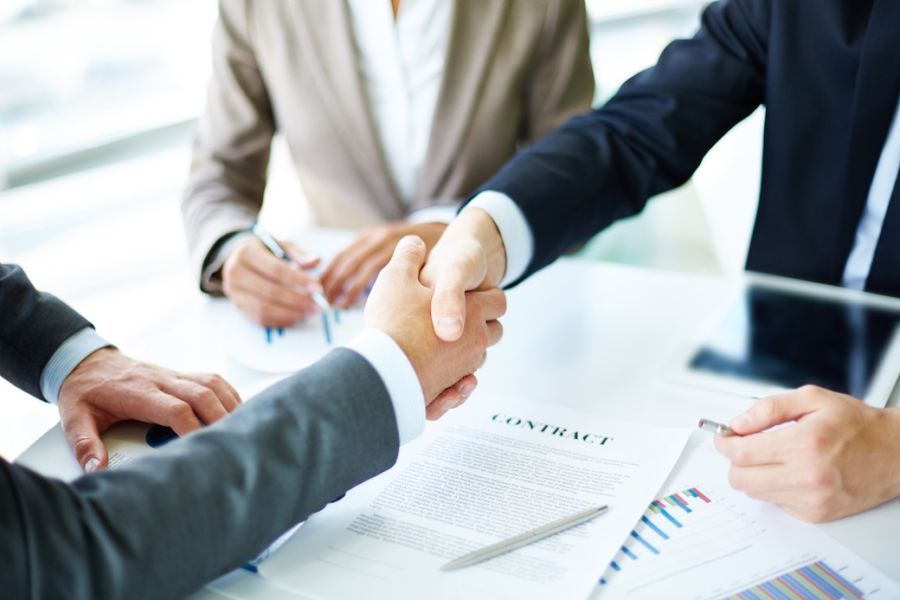One of the most heartbreaking moments is when a job applicant crafts their resume, cover letter and sends their job application and gets no response. This is especially to those with criminal history. If you have a criminal record, you will be crossing your fingers as you wait for the hiring process to begin.
If you get no response, then you may start contemplating about whether to hold your prospective employer liable for failure to respond. The response to this is that it will depend on your situation.
Checking Criminal Records During The Hiring Process
Most employers perform criminal background checks before hiring applicants, where the employer has to ask about employee’s criminal history. While your employer may request such information, this may be against the law.
In California, the law protects you from having your employer inquire about your criminal history until the later stages of the hiring process. If this happens way before the hiring process begins, many job applicants will find it hard to get jobs.

Before your employer grants you a conditional offer of employment, they have no legal obligation to demand your criminal history. Such information may only be requested upon after a conditional offer of employment.
When Your Prospective Employer Fails To Respond To Your Application
If such an employer has decided that you’re not fit for the job, they must inform you. But before this, the employer has to assess whether your criminal conviction has any relationship with the position being offered.
The employer has to provide you with a written consent indicating why:
- They decided not to hire you for the position.
- Provide a copy of your criminal conviction that led them to make such a decision.
- Specify whether there is any right to provide evidence to counter such information. The time allowed should fall between five business days. This is to help you provide proof to counter any evidence provided by the employer about your criminal conviction.
The law is clear on to what extend employers can reach when hiring. Such laws differ by state; thus, it would be best to look for an employment law attorney in Orange County. Such a lawyer understands California’s ban the box law and how it can apply in your case. Your employer will be on the legal hook if:
- They cannot demonstrate that your criminal conviction would lead to an unacceptable level of risk in the position.
- Your criminal conviction would negatively affect your ability to perform work.
- You were never given an opportunity to explain why such conviction would not have led to your employer failed to consider you for the job.
Getting Legal Help
Employers must be sensitive when determining the information needed to hire employees. They should consider any information an employee provides to avoid a job denial based on their conviction. Unless your job denial based on criminal conviction is job-related and consistent with the business necessity, you may have a claim against your prospective employer.
Such employers should conduct extensive background information before deciding to apply conviction for the job hiring processes. They has to be careful when using arrest and conviction records during the hiring process.
Again, if your arrest never led to a conviction, you may have exceptions. The reason is that you are not confirmed guilty by the mere fact of arrest. .
Your employer is supposed to provide feedback and give you a chance to prove why you think their process is inaccurate. Besides, your report should specify the procedure of how you challenge your employer’s decisions. The law protects employees and job applicants from ensuring that no one is disqualified for seeking employment because they have at one time rubbed shoulders with criminal court. Such an employer must give you written consent of why they decided not to hire you. Remember that it would be against the law for the employer to use your conviction records that are more than seven years. However, any pending conviction may be applied.
If your employer never notified you about the decline of your application due to your criminal conviction, you need to file a claim to seek damages. Your employer may also be held liable for damages due to discriminating against job applicants based on their criminal history. For instance, issues concerning arrest may adversely affect some racial groups leading to unintentional discrimination
Suppose your lawyer finds any violation of law concerning your situation. In that case, they will help you file a claim with the California Department of Fair Employment & Housing (DFEH). The claims will be based on whether your employer notified you in writing about your job application denial, among other violations.
For more details on how your conviction may affect your job application, you can have a free case evaluation with an employment lawyer.






